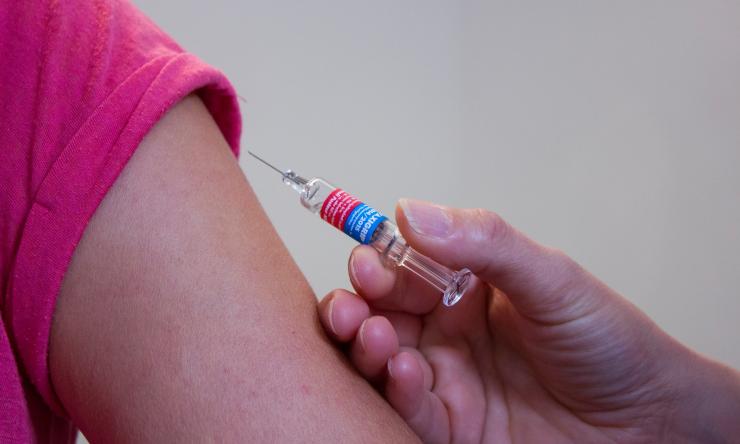What can adolescents do after receiving their COVID vaccine?
There is no denying that adolescents and teens have sacrificed plenty in the last year due to COVID-19 – from switching to virtual classes to giving up after-school hobbies and hanging out with friends.
Now that the Pfizer COVID vaccine is authorized for individuals 12 years of age and older, they can look forward to slowly returning to their normal activities. An expert at Baylor College of Medicine said opening the vaccine to more age groups is an important step to slowing the spread of the virus.
“We know that teenagers can not only get COVID-19 but they can also transmit the virus,” said Dr. Jill Weatherhead, assistant professor of pediatrics - tropical medicine and infectious diseases at Baylor. “While teenagers are less likely to have severe disease and require hospitalization, they can still get sick, develop long COVID symptoms and can transmit the virus to other people who are higher risk.”
Like adults who have already had the chance to receive the vaccine a few months ago, adolescents and teens are probably wondering what they can and cannot do once they are fully immunized. Weatherhead offers advice for adolescents and parents on how to remain safe while returning to pre-pandemic activities.
Returning to pre-COVID activities
It is first important to remember that full immunity is reached two weeks after the second dose of the COVID vaccine.
Weatherhead explains that once teens are fully vaccinated, it becomes safer for them to attend in-person school events, play sports, be around friends and participate in other extracurricular activities they were involved in before the pandemic, especially if they are around others who also are fully vaccinated.
“The vaccine offers an opportunity for adolescents to get back to a sense of normalcy in a safe way that keeps them from developing disease and transmitting it to other people,” she said. “The CDC guidelines for what you can and cannot do once you are fully vaccinated are going to apply to adolescents as well, which means they can more or less return to normal, pre-COVID behaviors.”
Wearing masks and social distancing
According to CDC guidelines, those who are fully vaccinated can resume normal activities without needing to wear a mask. Weatherhead explains that the risk of catching and transmitting COVID-19 is reduced once fully vaccinated, but there are certain situations where wearing masks and social distancing should continue regardless of vaccination status.
She advises that both teens and adults continue to wear masks while in a healthcare setting, using public transportation, traveling on an airplane and in public spaces or businesses that continue to require masking. Even if fully vaccinated, teens and adults may choose to continue to wear masks in public places as well.
“Some people might choose to continue to wear masks or continue to social distance until community transmission numbers come down,” Weatherhead said. “It is up to the discretion of the family and their risk.”
Weatherhead adds that it is important for teens to be aware and prepared that post-vaccination side effects are common like they are in adults. Side effects after the COVID vaccine include arm pain, muscle aches, fever and fatigue.
“The approval for individuals 12 to15 years old to receive the vaccine is certainly a message of hope, especially for the teenagers who sacrificed so much during the course of this pandemic,” Weatherhead said. “It is a great scientific achievement that these vaccines are available, safe and efficacious for every age group that has been tested so far.”











